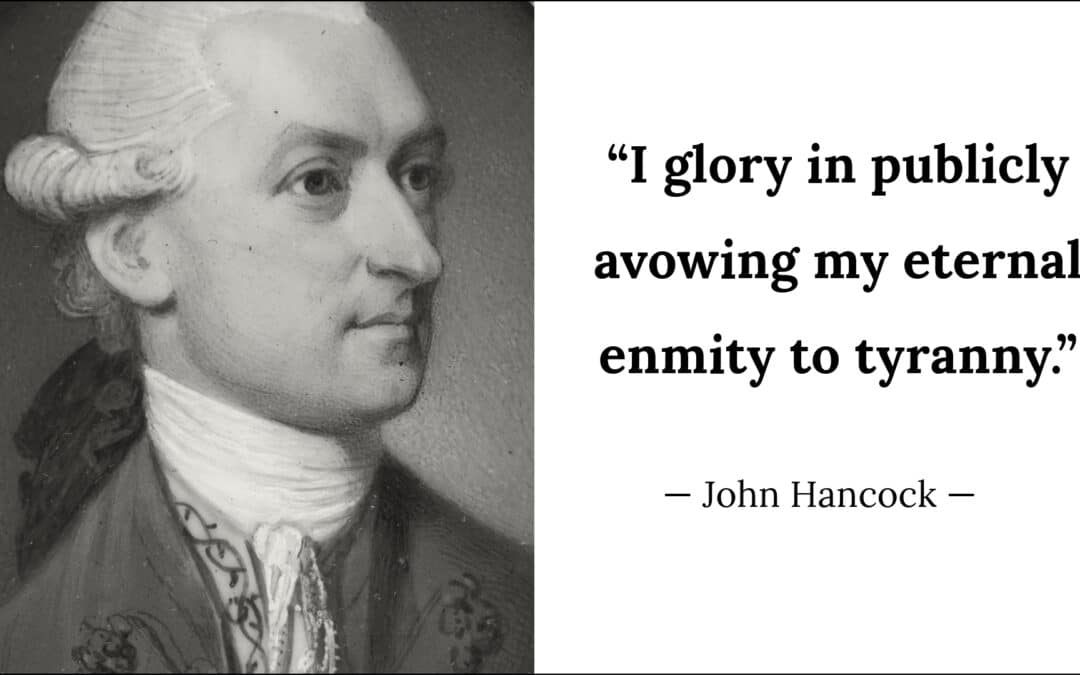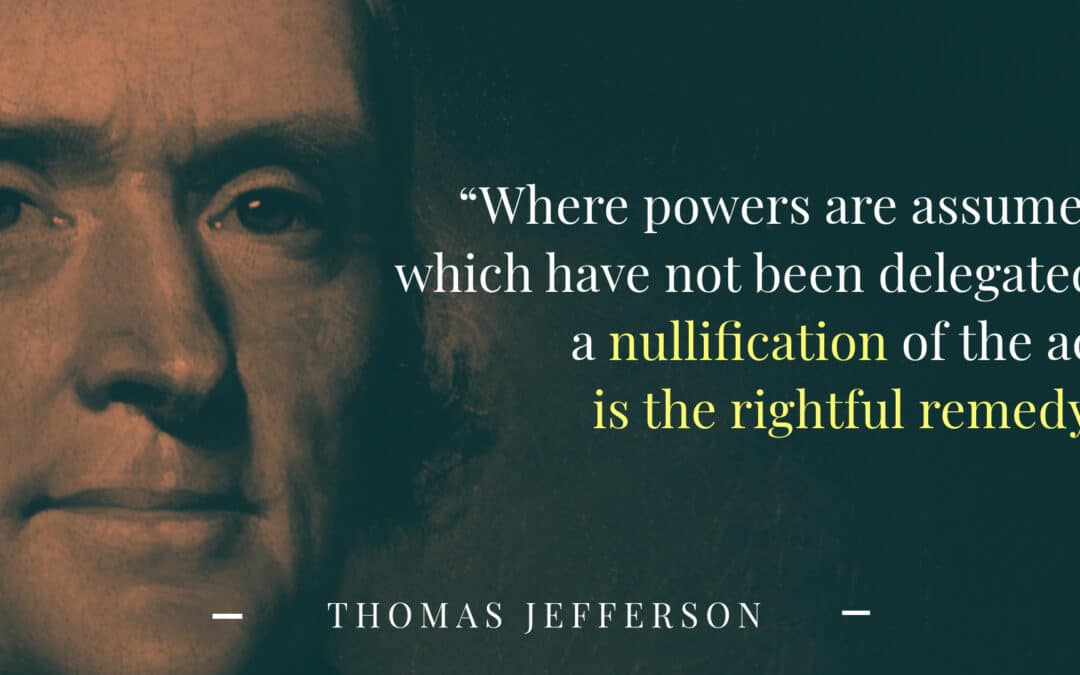
Constitution

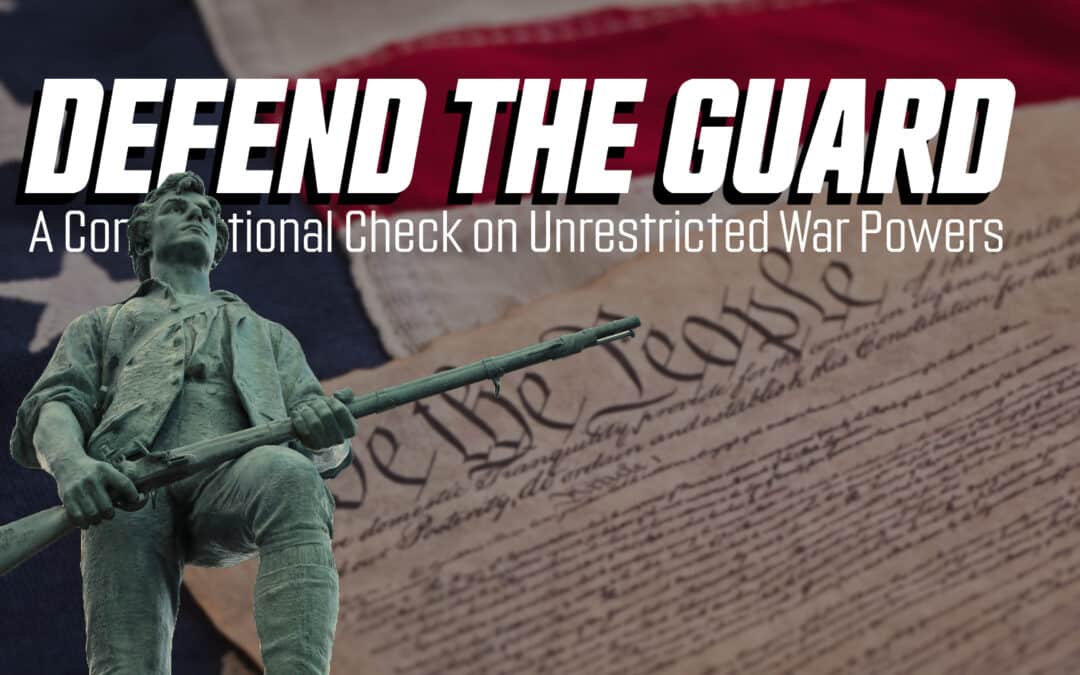
Defend the Guard: A Constitutional Check on Unrestricted War Powers
Presidential administrations come and go but the war machine churns relentlessly on. “Defend the Guard” legislation can throw a monkey wrench in its cogs. Defend the Guard is a state-level bill that would stop the deployment of a state’s National Guard units unless...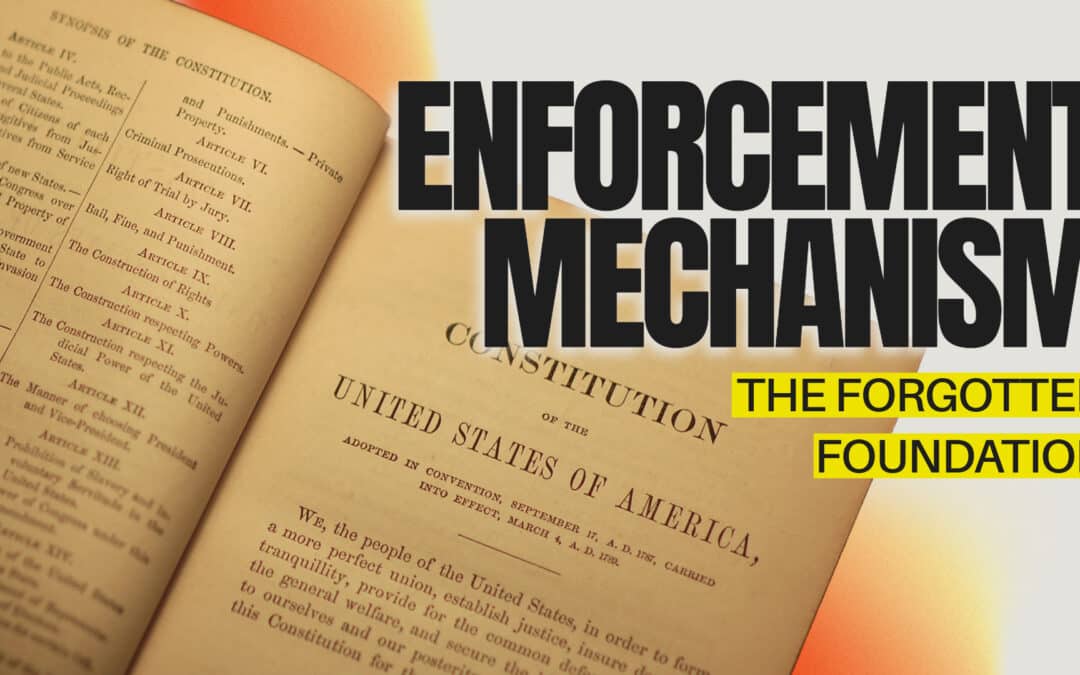
The Real, Forgotten Enforcement Mechanism of the Constitution
“A refusal to cooperate with officers of the Union.” That was James Madison’s answer to federal overreach – a strategy rooted in the very principles that founded the American republic. But you won’t hear about Madison’s enforcement strategy in...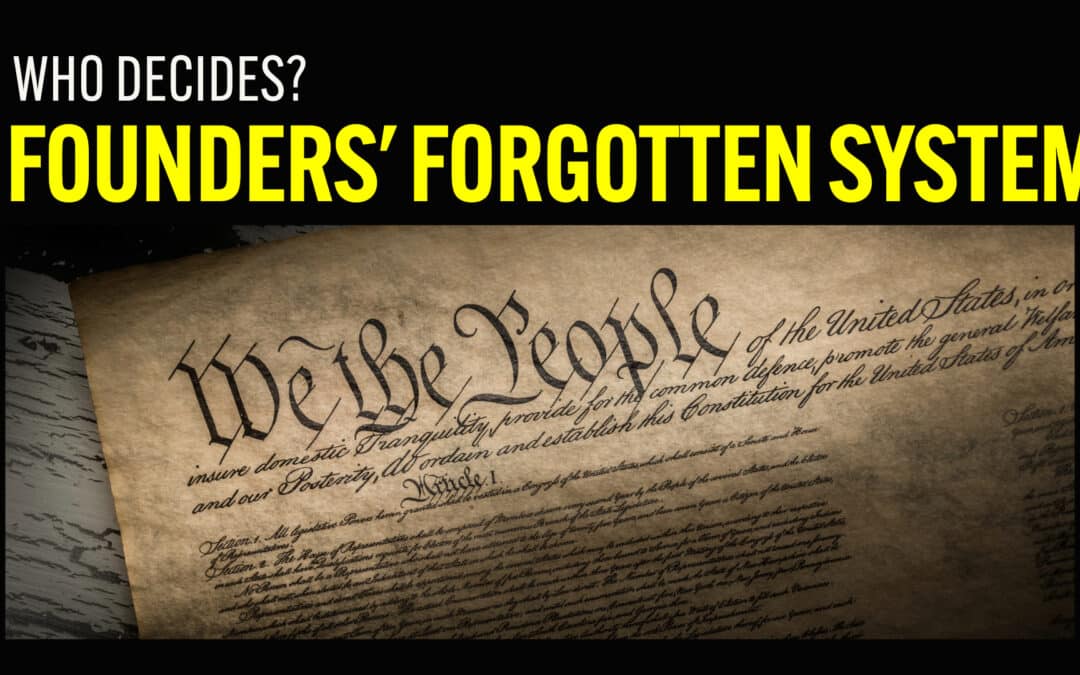
Who Decides? The Founders’ Forgotten System of Checks and Balances
“There is not a syllable in the constitution, that makes a decision of the judiciary – of its own force, and without regard to its correctness – binding upon any body, either upon the executive, or the people.” That’s from Lysander Spooner, reminding us of...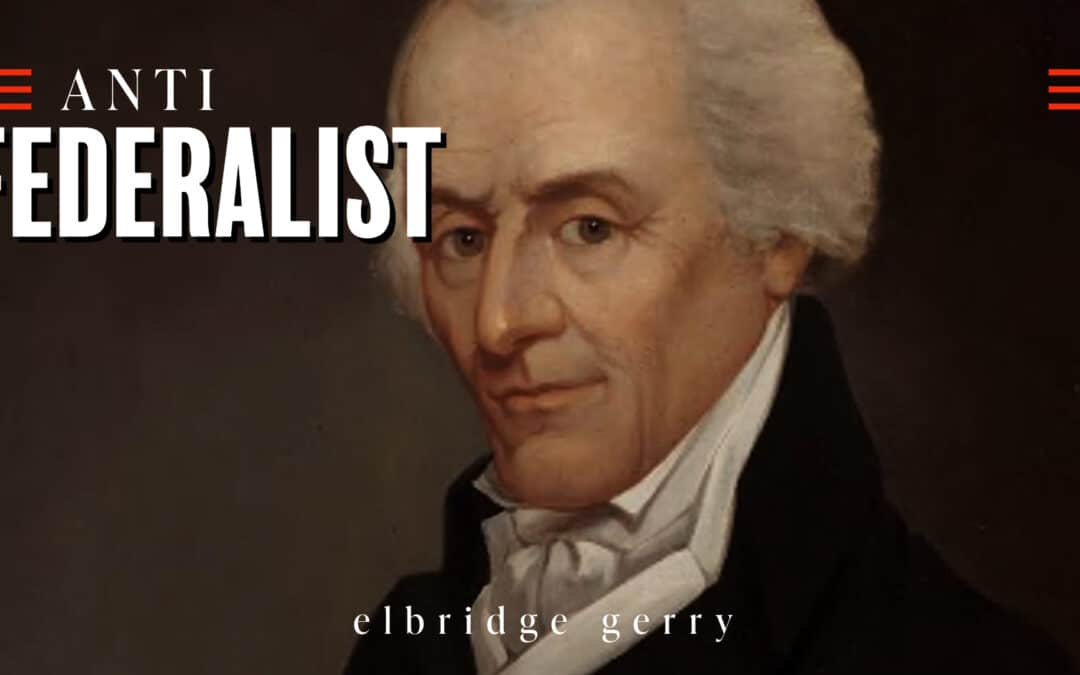
The Anti-Federalist Views of Elbridge Gerry
Elbridge Gerry opposed the ratification of the Constitution, believing it consolidated power, lacked safeguards for individual liberties, and undermined the reserved powers of the states. He maintained his objections throughout the ratification process, despite fierce...